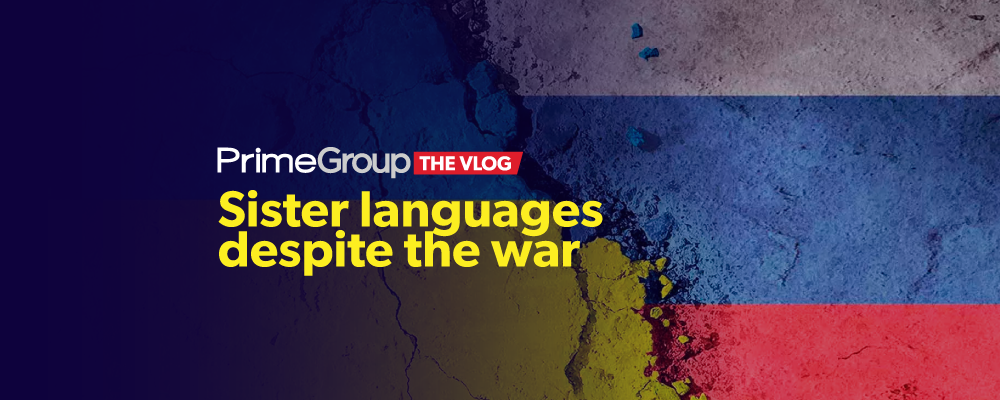I want to help you make an informed decision about which languages to consider learning based on how easy or challenging they might be for English speakers. Age or circumstances don’t matter; anyone can learn a new language with dedication. As they say, “where there’s a will, there’s a way.” So, let’s explore which languages are typically easier or more challenging for English speakers.
Now let’s list the Easier Languages for English Speakers:

1. Spanish: Spanish is often considered one of the easiest languages for English speakers to learn, besides being quite useful as you can access over 20 countries and 500 million speakers. Spanish shares a lot of vocabulary, thanks to their common Latin roots. For example, “family” in Spanish is “familia,” and “information” is “información.”
2. French: French is another language that English speakers often find manageable. English has borrowed many words from French, such as “restaurant” and “ballet.” The pronunciation may take some practice, but the vocabulary can be familiar. And yes the verbs are a challenge.
3. Italian: Like Spanish, Italian is a Romance language, and it shares similarities in vocabulary and sentence structure with English. For instance, “hotel” is “hotel,” and “television” is “televisione.”
4. German: German can be a bit more challenging due to its complex grammar with the verbs at the end of the sentence, but some English words and phrases have German origins. For example, “kindergarten” and “pretzel” are borrowed from German.
An now more Challenging Languages for English Speakers:
1. Mandarin Chinese: Mandarin is a tonal language with a unique writing system of characters. The pronunciation is vastly different from English, and tones can change the meaning of words. For instance, “ma” can mean “mother,” “horse,” or “scold” depending on the tone.
2. Arabic: Arabic has a script that reads from right to left and a different alphabet. Vowels are often not written, making it challenging to read. The word order and grammar can also differ greatly from English.
3. Japanese: Japanese uses three writing systems: hiragana, katakana, and kanji. The characters are unlike anything in English, and the grammar structure is distinct. For example, “water” is “水” (mizu) in kanji.
4. Russian: Russian uses the Cyrillic alphabet and has a complex case system for nouns and adjectives. Pronunciation can be challenging, and sentence structure differs from English. “Hello” is “Привет” (Privet) in Russian.
In summary, if you’re an English speaker looking to embark on a language-learning journey, consider starting with Spanish, French, Italian, or German for a more accessible experience. These languages have linguistic similarities and a familiar vocabulary base. However, if you’re up for a more significant challenge, Mandarin Chinese, Arabic, Japanese, or Russian can be incredibly rewarding but may require more time and effort due to their unique features.



